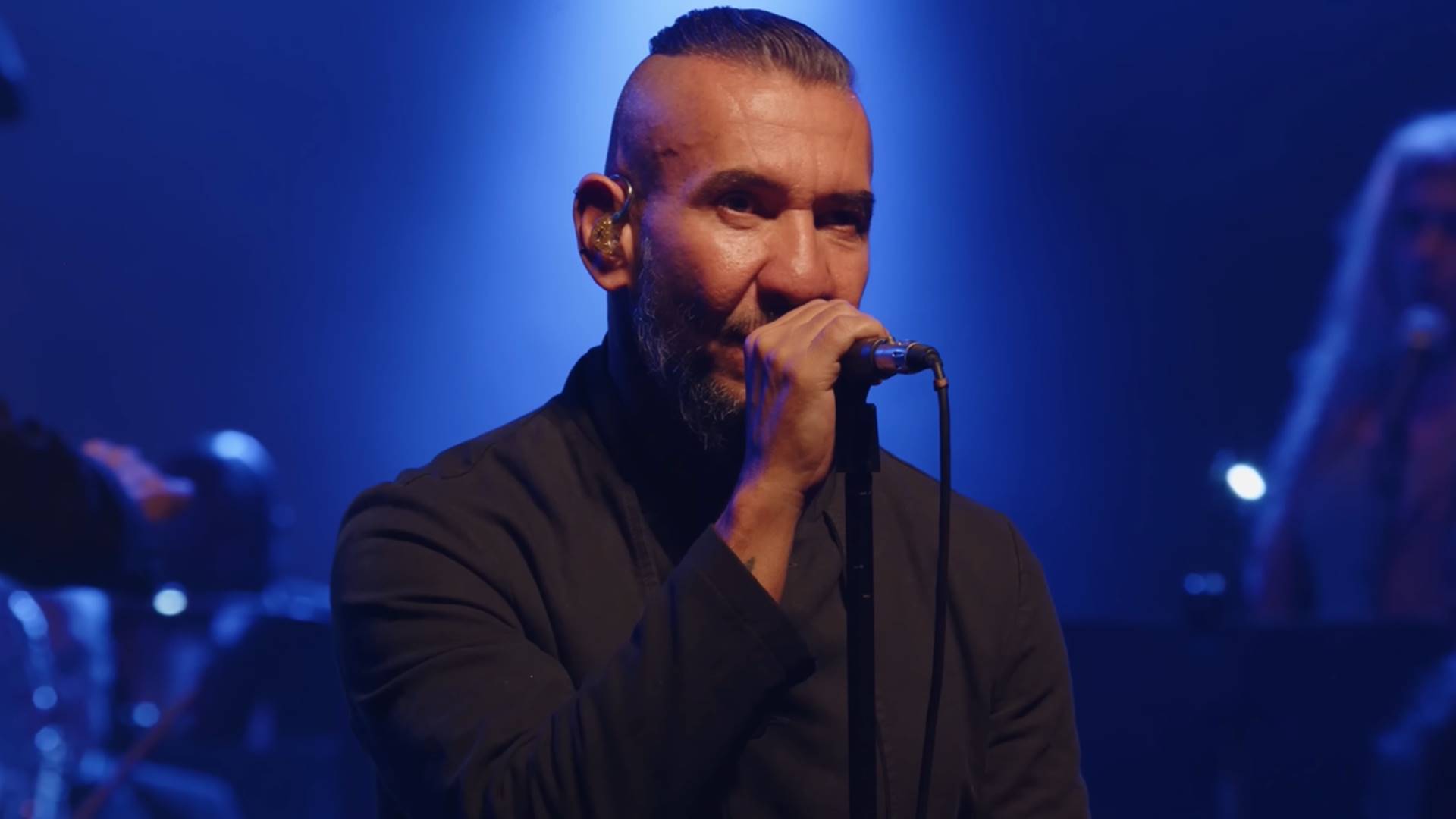Being aware of the symptoms and factors that can trigger this problem in children is essential to prevent it.
Binge eating is a disorder characterized by the excessive intake of large quantities of food in a short period, generally accompanied by a feeling of loss of control over what and how much you are eating. Unlike physical hunger, this condition is often triggered by emotions such as anxiety, stress or sadness.
Although it is more frequent in adults, it can also affect children, who, faced with situations of emotional stress, family problems or school difficulties, may turn to food as a form of relief or compensation. This behavior can lead to weight gain and health problems, as well as impact emotional well-being.
For psychologist Valeska Bassan, specialist in eating disorders, if food is used from an early age as a tool to calm or reward, this can reinforce compulsive behavior. “A child Those who, faced with frustration or stress, constantly receive sweets or treats, may begin to see food as a solution to deal with emotions,” he warns.
Symptoms of binge eating in children
It is in childhood that the formation of habits begins that can accompany a person throughout his life. It is also in this phase that some behaviors, such as eating compulsions, can manifest themselves in a subtle way, but with profound impacts on physical and mental well-being. emotional state of the child which extends with growth. For the psychologist, recognizing these signs early is essential to prevent more serious future consequences in adolescence and adulthood.
“A child who eats excessively, even when he is not hungry and who still presents episodes followed by feelings such as guilt, sadness or shame, may already be an alarm signal of a compulsion characterized by loss of control in eating”, warns the psychologist.

Causes of binge eating in childhood
Lack of eating routine is also a factor that can lead to binge eating episodes. “The absence of regular times for meals and snacks can generate anxiety in relation to the next meal, which leads to excessive food intake when they finally have access to food,” explains Valeska.
It is no coincidence that the consumption of sweets is recommended for children over the age of 2. “Foods high in sugar, fat and sodium can also predispose children to compulsive eating, as they activate the brain’s reward system, leading them to constantly seek immediate pleasure, making it difficult for children to stop eating when they should,” he says. the psychologist.
Prevent binge eating
Valeska says paying attention to signs, maintaining a welcoming home environment and seeking advice from trained professionals are important steps in ensuring children grow up with a healthy view of themselves and their diet. “The habits cultivated during childhood have a great influence on the future of children, both physically and emotionally,” says the expert.
Treatment for binge eating
The treatment of binge eating in children involves a multidisciplinary approach, with the aim of treating both the emotional and behavioral aspects. Cognitive behavioral therapy (CBT) is widely used to help recognize emotional triggers and develop strategies to deal with them appropriately. healthy way.
Psychological support, both individual and family, is also essential, as the home environment often plays a significant role in a child’s eating behavior. Nutritionists can contribute to nutritional re-education, promoting healthier and more balanced habits. In some cases, medical monitoring may be necessary, especially when binge eating is associated with other conditions, such as anxiety or depression, which may require specific treatment.
By Mayra Barreto Cinel
Source: Terra
Ben Stock is a lifestyle journalist and author at Gossipify. He writes about topics such as health, wellness, travel, food and home decor. He provides practical advice and inspiration to improve well-being, keeps readers up to date with latest lifestyle news and trends, known for his engaging writing style, in-depth analysis and unique perspectives.








